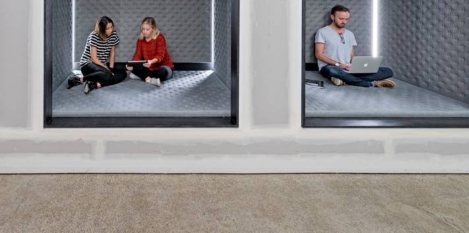March 11, 2019
Many leaders lack the skills needed to manage in the digital age
 A study conducted by The Oxford Group (registration) claims that companies are struggling to adapt to a digital workplace as leaders lack the critical digital skills they need to transform the organisation. Whilst 96 percent of respondents said the onus is on leaders to drive the adoption of new technologies and 94 percent believe it’s important for leaders to challenge traditional ways of thinking, only a third (33 percent) of leaders feel well prepared to lead their business. Gaps in leaders’ digital skill-sets are having a major impact on their ability to transform; 41 percent say that a lack of digital expertise makes decision-making more difficult, and 30 percent say it has prevented their team from innovating.
A study conducted by The Oxford Group (registration) claims that companies are struggling to adapt to a digital workplace as leaders lack the critical digital skills they need to transform the organisation. Whilst 96 percent of respondents said the onus is on leaders to drive the adoption of new technologies and 94 percent believe it’s important for leaders to challenge traditional ways of thinking, only a third (33 percent) of leaders feel well prepared to lead their business. Gaps in leaders’ digital skill-sets are having a major impact on their ability to transform; 41 percent say that a lack of digital expertise makes decision-making more difficult, and 30 percent say it has prevented their team from innovating.





















 Job security is the top reason employees in the UK joined their company, and also the main reason they stay, according to Mercer’s
Job security is the top reason employees in the UK joined their company, and also the main reason they stay, according to Mercer’s 









March 7, 2019
A workplace chatbot might soon be one of your new best friends
by John Hildebrands • Comment, Technology